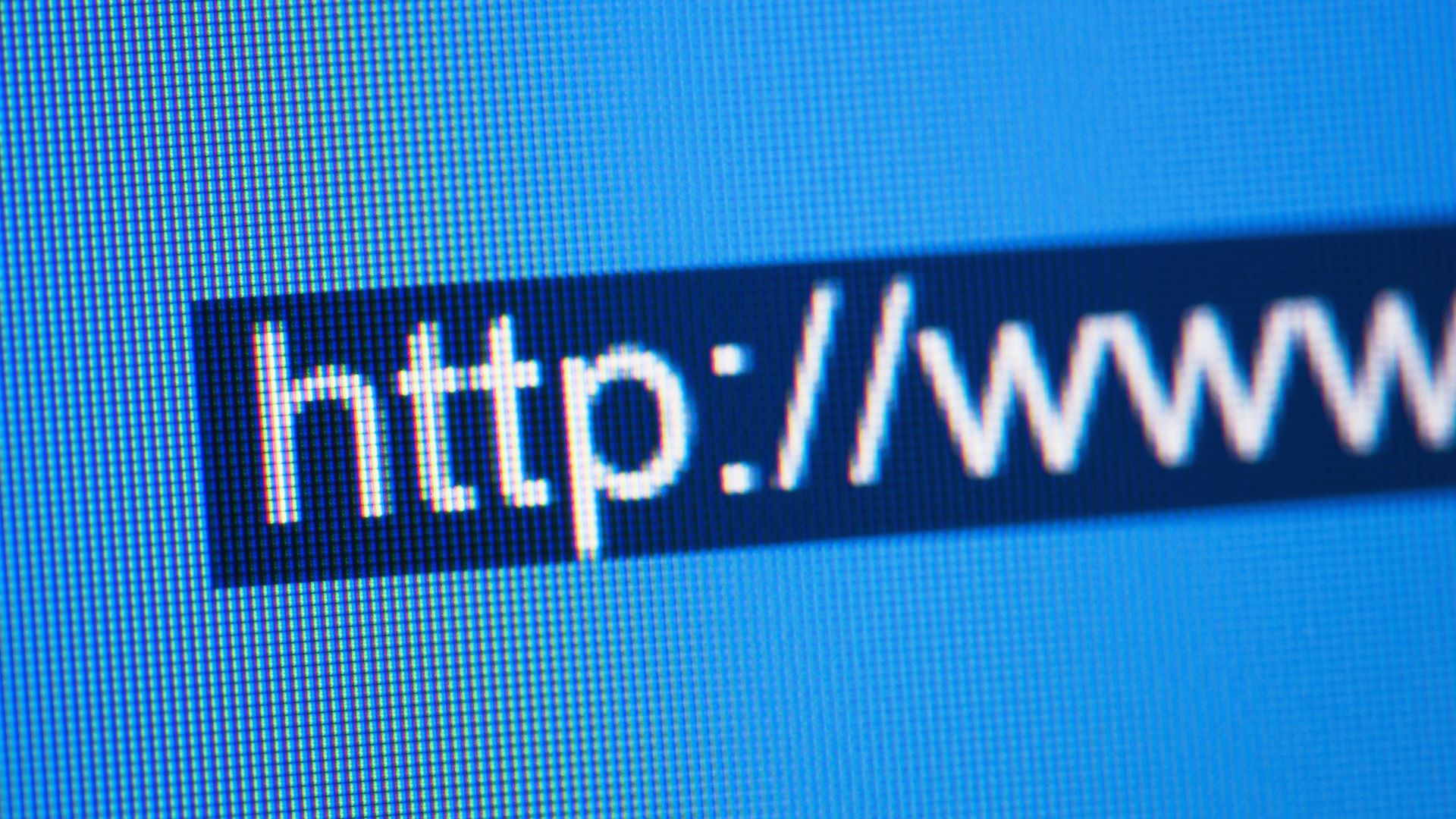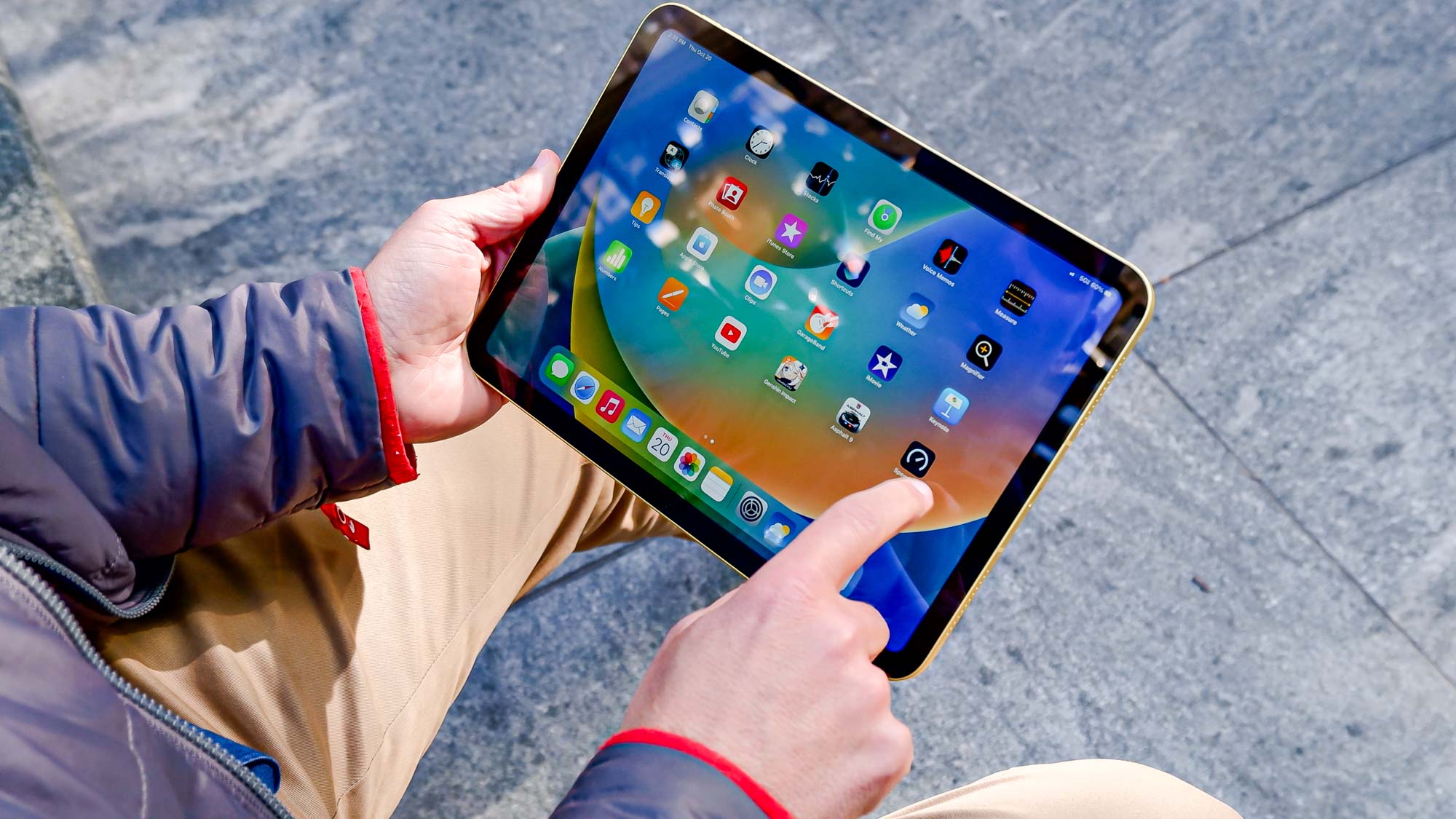How to hide your IP address
An exploration of how to hide your IP address, and why you might want to

So you want to know how to hide your IP address, but don’t know where to start? Well you’re not alone, so buckle up and let’s take a dive into the world of online identification and how you can mask it.
Your Internet Protocol (IP) address is a string of numbers which identifies the connection you’re using to access the Internet at any time. Think of it as an Internet phone number, which lets the world know how to get in touch with your connected device. It’s needed in order to receive and transmit the data required to surf the web, send emails, watch cool videos and all the rest.
That’s a gross oversimplification, because almost all of our personal IP addresses are dynamic and change regularly, but through clever technology the system keeps up with the changes to ensure our connections work as needed.
Why would you want to hide your IP address?
There are a number of reasons why we might want to conceal our IP address from the world.
Protection from hackers
One of the most important reasons for masking an IP address is to avoid hackers who may want to do us harm. This can take the form of monetary or malevolent attacks, or targeting you with spam or scam messages. An IP address on its own will generally not divulge too much information about you, but with a little bit of Internet sleuthing in conjunction with other personal data, it can reveal a lot more about who you are than you might imagine.
For example, by collating lots of different bits of personal information, including an IP address, hackers can develop socially engineered campaigns to target you for financial gain. Phishing campaigns often start by using bare bones data like this.
Privacy
It’s easy to dismiss privacy as unimportant, but the fact is tracking our movements and online habits using our IP address is a common way for unscrupulous actors to target our identity. By snooping on our web browsing, buying history and preferences, they can send us spam marketing material or malicious advertising. Even your internet service provider (ISP) can use an IP address to track your usage and build a picture of your online habits. Which is probably as creepy as it sounds.
Sign up to get the BEST of Tom's Guide direct to your inbox.
Get instant access to breaking news, the hottest reviews, great deals and helpful tips.
Keeping your identity private can also avoid potential problems with spoofing, where criminals use your address for unsavory activities which may incriminate you. Many large scale attacks on public or commercial organizations use random devices to trigger DDoS assaults, often through compromised IP address data. Cyberstalking is also another potential privacy problem, so it definitely pays to be careful.
Evading censorship
People in less developed countries can suffer from draconian censorship, impacting their lives and cultural freedoms. One of the most effective ways of getting around state control like this is to use one of the best VPNs to change your IP address and location data. In many countries of the world this is the only way to obtain independent, balanced news about their country’s home affairs and political landscape. In the worst cases, normal upstanding citizens can risk prison or worse if their values are compromised by state snooping.
Using public Wi-Fi safely
Guarding our identity while out and about is becoming more important as criminals start to employ ever more sophisticated methods of attack. Public Wi-Fi is particularly vulnerable to assault, especially in airports and hotels where there’s a huge amount of foot traffic. The first time you’ll know you’ve been a victim is likely when your credit card statement arrives, and you discover some charges you don’t recognize, from a country you’ve just visited.
Accessing geo-locked content
One widespread motive for the need to obscure IP addresses is the region locking on various entertainment streaming services. It’s pretty annoying to see online adverts for a blockbuster show and realize that even though you’re paying for a legitimate subscription, you can’t access it because you’re in the wrong country. This is where your friendly VPN really comes in handy. Just fire it up, and gain instant access. The same goes for accessing geo-blocked hot game titles on phone or computer.
Bypassing organizational online restrictions
Arbitrary restrictions on accessing online content imposed by organizations like schools and workplaces can be very annoying. Sometimes it’s healthy to kick back during a lunch break and enjoy your favorite forum on your phone, but if your company or college has a lock on its Wi-Fi access for this type of content, then you’re out of luck. The reason may be completely random, for example your company's CEO doesn’t approve of cellphone surfing. In this kind of case, a good knowledge of how to work around IP address limits can be very useful.
How to hide your IP address
There are a number of different ways you can effectively hide your IP address. One thing to remember is that every one of your devices must have an address in order to connect to the Internet, so you need to stay focused on an overall strategy and objectives. With that said, let’s take a look at some options, in descending order of ease of use.
Use a VPN
If you’re looking for a quick and easy way to hide your IP address from the world, it’s hard to beat a good quality VPN. A virtual private network is a service which provides you with an encrypted connection to the Internet. So instead of connecting with your real IP address, you mask your real address with the ‘shield’ of a temporary address. This helps protect your identity and prevent snooping or cyber attacks.
A growing number of Internet users are turning to VPNs to safeguard their identity when doing things like online shopping or emails, especially in public areas where their private Internet connection is potentially open to hacking. I’ve had a VPN installed on my phone and computer for more than a decade, and use them almost daily to stay safe in this way.
The advantages of using a VPN is firstly ease of use. It takes seconds to install, and even less to select a new temporary IP address to hide behind. Literally the click of a button. You’re presented with a selection of different geographical servers to choose from, and once you click ‘Connect’, you will start using the new address automatically. Once you’ve finished your session, just click the ‘Disconnect’ button and your device will revert to your default IP address.
The fact that you can select a server in another country is very powerful. Not only does it conceal your location, it also gives you a new regional identity, which is very useful. For example, it’s perfect for accessing content locked to a particular country or region. Just change your server to one located in that country and you’re able to access that content as though you're a native user.
A VPN also offers private secure connections in airports or other public Wi-Fi situations such as malls or hotels. This is a great way to avoid being hacked while traveling. In these situations the hackers can take advantage of the fact that travelers may not be able to check their accounts until they return home, by which time accounts and credit cards can be accessed, and damage done.
In case you think this sort of thing is unlikely to happen to you, I suggest you watch this chilling video from YouTuber Mynda Treacy of My Online Training Hub. Earlier this year her online business was hacked, along with her Google account and credit cards. It brought her whole business to a halt. They finally worked out it was probably a session ID hack over an insecure Wi-Fi network in a French Airbnb or at Geneva airport.
There are a few things to watch out for when using VPNs. Certain countries, like China, Russia and North Korea have banned the use of these tools. So make sure you’re not going to break any laws by firing up a VPN. There may also be a slight slowdown in your connection speed when using a VPN. This depends a lot on the quality and speed of your starting connection, so check to make sure you’re not suffering from a slow Wi-Fi network to start with.
The final caveat is the fact that unfortunately not all VPNs are the same. It may be tempting to save money by using one of the best free VPNs, but often that zero price comes at a hidden cost. These free services can’t afford to offer premium bandwidth speeds and all the security bells and whistles you get from a paid service. They may, for instance, suffer from frequent slowdowns, data leaks or even disconnects. And you will definitely notice that the overall speed will be much slower than your default connection.
There have also been cases in the past where free services conceal data harvesting activities. They collect data on your browsing habits, which are then sold on to unscrupulous spammers and advertisers.
Use Tor
The Onion Router (Tor) is an internet network protocol which hides your IP identity inside encrypted layers called packet wrappers. The protocol makes use of a global network of volunteer ‘relays’. These are people who donate part of their online computer time to forward data along the Tor networking routes. It’s a kind of peer to peer network, but focused on security and anonymity.
Tor was originally developed by the US Navy for intelligence gathering purposes, but development has now been taken over by a non-profit group. The US government is, however, still the major funder. The tool’s stats are impressive. There are 8000+ volunteer relays in operation, and it boasts 2 million users a day. These include political activists, journalists, and anyone who needs to avoid surveillance or bypass censorship.
It’s very popular with users in Russia, India and the US. There are also illicit uses, typically hiding sales of drugs, malware and pornography. But it’s estimated that only 3-7% of Tor use is for this so-called ‘dark web’.
A major benefit of using the Tor network is the additional masking functions built into the technology, which goes way beyond standard VPN protection. However the penalty for this added security is a dramatic slowdown in speed and accessibility. Many websites also won’t allow Tor browser access, and those that do will tend to load excruciatingly slowly. This is a worthwhile price to pay for those living under punitive government control, but for most people it can be too much to endure.
The default way to use Tor is to download the Tor Browser package from the project website at torproject.org. However an even easier, although possibly slightly less secure, way is to use the Brave web browser which has the Tor protocol function built in. Just click the ‘New Private Window With Tor’ button, and the Tor network will be loaded after a few seconds. For ultimate security I recommend you run the Brave VPN (or any other reputable VPN service) before you fire up any Tor connection.
Use a proxy server
Technically speaking any method of hiding an IP address using another IP service is a proxy. A proxy is a computer which sits between your own device and the Internet network at large. A VPN is a private proxy, Tor is also a proxy service, and there are thousands of public proxy services which are available to those who wish to obscure their identity.
These public services are often used to avoid being rate limited when data scraping websites for information, which is quite a specialized application. Note that anyone with a spare computer can set up their own personal proxy to shelter behind. It’s a very technical job though, which is usually beyond most people’s skill set.
An easier, but riskier, way to access a proxy is to use a browser based extension or add-on such as SmartProxy for Firefox. However the big problem with using a free proxy is the fact that they are generally not as secure as commercial alternatives, and again they suffer from very slow performance. And not all proxies are encrypted, reducing their security even further.
Public proxies are also extremely unpredictable. One day a proxy will be available for use, the next it will have disappeared for good. As a final note, never use a public or open proxy which doesn’t support HTTPS, the encrypted web communication protocol. Unencrypted connections are a strong indication that you’ll be open to all sorts of snooping and potential attacks. All of which is to say, only the brave should risk making use of public proxy technology to shield their IP address from the world.
IP address FAQs
Can you truly hide your IP address?
The simple answer is yes, with conditions. Any of the methods outlined in this article will shield your IP address from most casual or determined scrutiny. However it pays to remember that if you’re doing something illegal or politically unacceptable in the country where you reside, you run the potential risk of serious law enforcement or security service attention aimed at revealing your identity.
Is it safe to hide my IP address?
In general it is perfectly safe to hide your IP address. In most countries around the world it is not at all illegal to mask your identity to maintain privacy. There are a lot of reasons why people are keen to keep their details away from the public gaze. However the other side of this is to check whether your local laws prohibit the type of identity shielding you have in mind. And of course it is much better to avoid doing anything which can place you at risk of prosecution or similar state action.
What happens if my IP address is visible?
This very much depends where you are living at the time, and what your local laws say. In most jurisdictions, you will simply be open to people seeing what your general location is. While they can dig deeper, that initial piece of information is not always that useful. However it has to be said that if you are in an area where personal ID data is worth money on the dark markets, then a trackable IP address is not something you want to broadcast. My personal advice is to take reasonable precautions at all times not to give away more personal information than you have to. There’s no point in taking unnecessary chances.
Disclaimer
We test and review VPN services in the context of legal recreational uses. For example:
1. Accessing a service from another country (subject to the terms and conditions of that service).
2. Protecting your online security and strengthening your online privacy when abroad.
We do not support or condone the illegal or malicious use of VPN services. Consuming pirated content that is paid-for is neither endorsed nor approved by Future Publishing.

Olivia joined Tom's Guide in October 2023 as part of the core Tech Software team, and is currently VPN Commissioning Editor. She regularly uses VPNs to make sure they deliver what they promise, and specializes in testing VPNs with streaming sites.
- Nigel PowellTech Journalist

